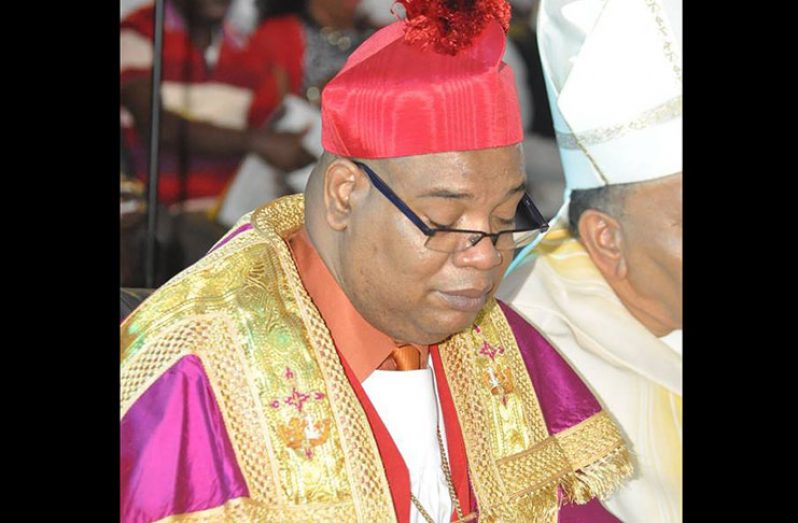-as House passes Liquor Licensing (Amendment) Bill
THE failure of proprietors to have liquor licences in their possession at the time of sale of the substance will now attract a stricter financial penalty, following the passage of the Intoxicating Liquor Licensing (Amendment) Bill 2016 in the National Assembly on Friday.
The amendment, which was piloted by the APNU+AFC government following approval of its $250B budget, seeks to adjust the rates in 23 Sections of the Bill. Higher penalty fees will now be paid by alcohol distributors, who are not in possession of valid liquor licences, while the licence fee itself has been increased.
Read for the second time by Finance Minister, Winston Jordan, the Bill, number 32 of 2016, increased fees which have not been adjusted since 1992 despite Guyana recording consistent economic growth over those years. “After 25 years, we’re seeking to increase these fees by almost 100 per cent,” the minister said, adding that the fees shouldn’t pose disturbance with the House and larger population.
However, it did pose disturbance, as the Opposition PPP sought to challenge the need for these increases. Leading the Opposition’s argument was former Junior Finance Minister and Pentecostal Bishop, Juan Edghill, who described the increases as having an “anti-business approach.”
Edghill argued that the 100 per cent increase in these fees is not an attempt to get persons to comply with the law, but rather it is a revenue-generating exercise, which will affect persons who do not even consume alcohol. “If a shop sells liquor, and they have to pay more for their licence to sell alcohol, they will also charge more on non-alcoholic beverages as well,” he said.
He reasoned that if the Government– as it expressed– were looking at this issue within the context of the impact of alcohol on the health-care system, then there were a number of different routes which could have been taken. However, based on the route the government has decided to go, he contended that it is clear that the driving force was “let’s have more money.”
“I wish the minister would tell this House what considerations were given to increase these taxes” Edghill said, adding that while the minister speaks about these taxes not being increased in over 20 years, the PPP government was able to do that while the economy recorded consistent economic growth.
As such, he said that the opposition party would have been inclined to support a bill which examined the impact of alcohol on the country’s health-care system; a bill which addresses drunk- driving policies and consequences; a bill which addresses the availability and accessibility of alcohol; a bill which deals with pricing policies; and a bill which deals with greater monitoring in relation to the use of alcohol.
He suggested that the absence of these components were enough grounds for the Finance Minister to “put more thinking and analysis” into these measures, which were subsequently implemented. “We shouldn’t look at an easier way to make money, but its impact on the average citizen” he said.
In his rebuttal though, Minister Jordan lamented that it is becoming increasingly difficult to understand the Opposition’s interventions on some of these bills, given the fact that adjustments have not been made in over 20 years, even though there is an increasing administrative cost attached to the issuing and monitoring of liquor licences. He said that if the PPP believes that these increases should have been incremental, then it should have initiated the process while in office for 23 years. “We not going to wait 25 more years to raise these fees… they will be under constant reviews,” he added.
Meanwhile, the Miscellaneous Licences (Amendment) Bill 2016 was also passed following much resistance by the Opposition. Attempts were made by Dharamkumar Seeraj, Yvonne Pearson and newcomer Vickram Bharrat of the PPP to convince the government that this bill too, would pose hardship on the average Guyanese. Not moved by these attempts however, the Bill journeyed through a split in the voting, which saw Government’s 33-seat trumping the Opposition’s 29. Both bills were passed without further amendments.



.jpg)








